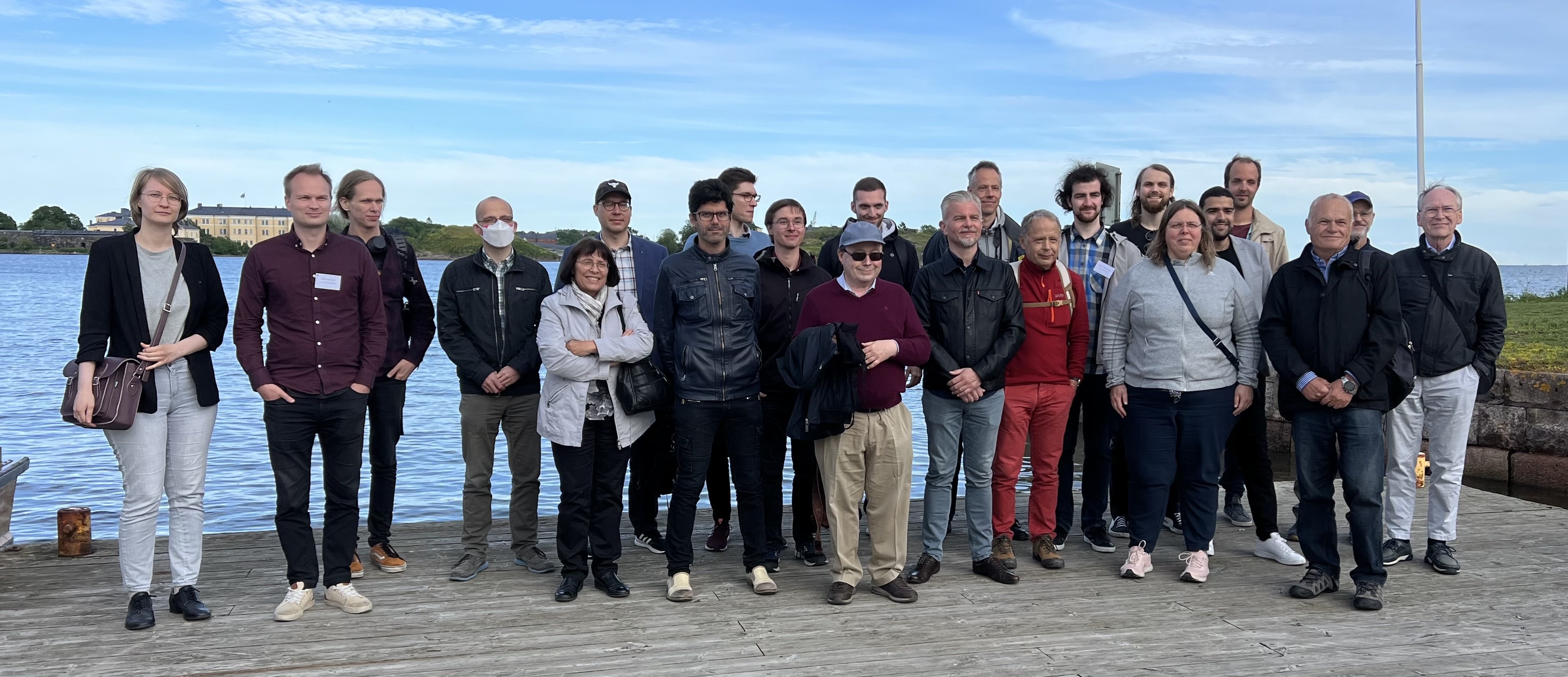
News
- August 2, 2022: FoIKS 2020 Springer LNCS Proceedings papersare available for download for free for a 1-month period.
- August 2, 2022: Slides of invited talk are available for download.
- June 23, 2022: FoIKS 2022 has officially ended. Thank you to all contributors and participants! Here's a group photo from the conference excursion.

- May 6, 2022: Detailed program available
- May 5, 2022: Registration to FoIKS 2022 is open. Early registration deadline May 20.
- May 5, 2022: Local information available (see Conference venue, Accommodation, Local Information).
- May 5, 2022: We are pleased to announce FoIKS 2022 invited talks by Patricia Bouyer-Decitre (CNRS, France), Gabriele Kern-Isberner (Technische Universität Dortmund, Germany), Jussi Rintanen (Aalto University, Finland), Jouko Väänänen (University of Helsinki, Finland), Zeev Volkovich (Ort Braude College of Engineering, Israel)!
- May 5, 2022: List of papers accepted to FoIKS 2022 announced.
- September 24, 2021: Call for papers and important dates announced.
- July 1, 2021: Conference website launched.
About FoIKS
The FoIKS symposia provide a biennial forum for presenting and discussing theoretical and applied research on information and knowledge systems. The goal is to bring together researchers with an interest in this subject, share research experiences, promote collaboration and identify new issues and directions for future research.
FoIKS 2022 solicits original contributions dealing with any foundational aspect of information and knowledge systems. This includes submissions that apply ideas, theories or methods from specific disciplines to information and knowledge systems. Examples of such disciplines are discrete mathematics, logic and algebra, model theory, information theory, complexity theory, algorithmics and computation, statistics and optimization.
The FoIKS symposia are a forum for intense discussions. Speakers will be given sufficient time to present their ideas and results within the larger context of their research; furthermore, participants will be asked to prepare a first response to another contribution in order to initiate discussion.